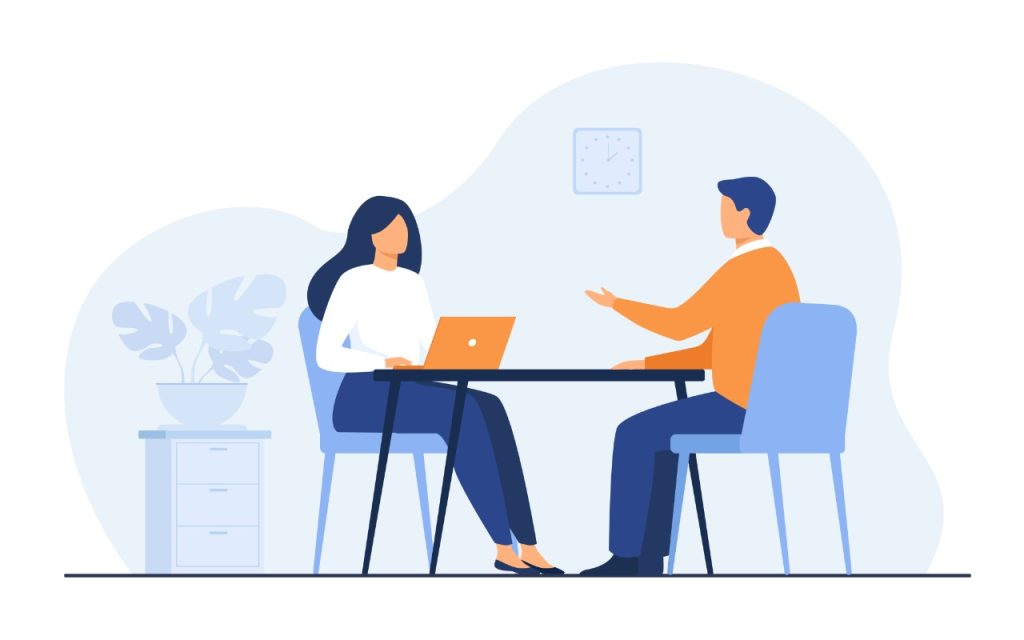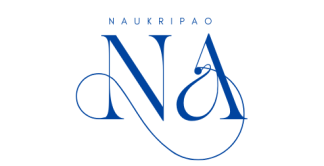
Introduction
Unlocking your potential in the professional world begins with personality development, especially during job interviews. This crucial phase not only showcases your skills but also reflects your character and adaptability. In today’s competitive job market, it’s essential to stand out, and a strong, well-developed personality can be your greatest asset.
In this blog, we will explore powerful strategies that can enhance your personality development, empowering you to make a memorable impression on potential employers. By harnessing the right mindset and employing impactful communication techniques, you can transform every interview into an opportunity for success.
20 Tips for Personality Development During Job Interviews
Job interviews can be daunting, but with the right personality development strategies, you can present your best self and increase your chances of success. Here are 20 essential tips that focus on enhancing your personality development during job interviews, ensuring you make a lasting impression. These strategies encompass various aspects of personal growth, from effective communication to self-awareness, all aimed at helping you navigate the interview process with confidence and poise.
By implementing these techniques, you can not only improve how you present yourself but also foster a deeper understanding of your strengths and areas for improvement. This holistic approach will empower you to engage meaningfully with interviewers and demonstrate that you are not only qualified for the position but also a great fit for the company culture. Embrace these tips as a pathway to not just succeed in interviews, but to grow personally and professionally, ultimately leading to a fulfilling career.
Understanding Personality Development

Personality development refers to the growth and enhancement of an individual’s characteristics, traits, and behaviors that contribute to their overall persona. It encompasses various aspects such as self-awareness, communication skills, emotional intelligence, and interpersonal skills. Developing these traits can significantly improve your performance during job interviews.
1. Self-Awareness is Key
- Know Your Strengths and Weaknesses: Understand what you bring to the table and areas where you can improve. This self-awareness allows you to answer questions more confidently and authentically.
- Reflect on Past Experiences: Analyze previous interviews or professional experiences to identify what worked well and what didn’t.
2. Develop a Positive Attitude
- Stay Optimistic: A positive mindset not only boosts your confidence but also makes you more appealing to interviewers. Practice positive affirmations to reinforce this attitude.
- Embrace Challenges: View interviews as opportunities for growth rather than obstacles.
3. Enhance Communication Skills
- Practice Active Listening: Show engagement by listening carefully to the interviewer’s questions before responding.
- Articulate Clearly: Work on speaking slowly and clearly to ensure your points are understood.
4. Master Body Language
- Maintain Eye Contact: This conveys confidence and interest in the conversation.
- Use Open Gestures: Avoid crossing your arms; instead, use gestures that demonstrate openness and confidence.
5. Dress Appropriately
- Choose Professional Attire: Your appearance plays a crucial role in making a first impression. Dress in a manner that reflects professionalism relevant to the industry.
- Grooming Matters: Pay attention to personal grooming as it reflects your respect for the opportunity.
6. Prepare Thoroughly
- Research the Company: Understand its culture, values, and recent developments. Tailor your answers to align with their goals.
- Practice Common Interview Questions: Prepare answers for frequently asked questions while also being ready for unexpected ones.
7. Show Enthusiasm
- Express Genuine Interest: Let your passion for the role and company shine through your responses.
- Ask Insightful Questions: Demonstrating curiosity about the company shows that you are engaged and serious about the opportunity.
8. Cultivate Emotional Intelligence
- Manage Your Emotions: Stay calm during stressful moments by practicing mindfulness or deep breathing techniques.
- Empathize with Interviewers: Understanding their perspective can help you respond more effectively.
9. Build Rapport
- Find Common Ground: Look for shared interests or experiences during the conversation to create a connection.
- Use Humor Wisely: A light-hearted comment can ease tension but ensure it’s appropriate for the setting.
10. Demonstrate Problem-Solving Skills
- Share Relevant Examples: Highlight past experiences where you successfully addressed challenges or contributed innovative solutions.
- Think Aloud: When faced with hypothetical scenarios, verbalize your thought process to showcase your analytical skills.
11. Stay Authentic
- Be Yourself: Authenticity resonates well with interviewers; don’t try to be someone you’re not.
- Share Personal Stories: Relating personal anecdotes can make your responses more memorable.
12. Follow Up Post-Interview
- Send a Thank You Note: Express gratitude for the opportunity and reiterate your interest in the position.
- Reflect on Performance: Analyze what went well and what could be improved for future interviews.
13. Work on Soft Skills
- Develop Teamwork Abilities: Highlight experiences where you successfully collaborated with others.
- Improve Conflict Resolution Skills: Be prepared to discuss how you handle disagreements or challenges in a professional setting.
14. Focus on Continuous Learning
- Seek Feedback Regularly: Constructive criticism from peers or mentors can help refine your personality traits over time.
- Engage in Personal Development Activities: Attend workshops or read books focused on personality development and communication skills.
15. Practice Stress Management Techniques
- Use Visualization Techniques: Imagine yourself succeeding in the interview to build confidence.
- Engage in Physical Activity: Regular exercise can reduce anxiety levels and improve overall mood.
16. Network Effectively
- Connect with Industry Professionals: Networking can provide insights into industry expectations and help build confidence through shared experiences.
- Participate in Mock Interviews: Practicing with peers can help simulate real interview scenarios.
17. Be Adaptable
- Adjust Your Approach Based on Feedback: Be open to modifying your responses based on interviewer cues or feedback during the conversation.
- Stay Flexible with Questions Asked: Sometimes interviews take unexpected turns; being adaptable will help maintain composure.
18. Highlight Achievements Confidently
- Quantify Successes When Possible: Use specific metrics or examples that showcase your contributions effectively.
- Avoid Bragging but Be Proud of Your Accomplishments: Present achievements confidently without coming off as arrogant.
19. Stay Informed About Industry Trends
- Keep abreast of changes in your field which can provide talking points during interviews and demonstrate your commitment to professional growth.
20. Embrace Lifelong Learning
- Continuously seek opportunities for personal development through courses, seminars, or self-study that enhance both hard and soft skills relevant to job performance.
Conclusion
Incorporating these tips into your preparation can significantly enhance your personality development, making you a more compelling candidate during job interviews. Remember that personality is not static; it evolves with experience and effort. By actively working on these aspects, you not only prepare for interviews but also invest in your long-term career success. Moreover, focusing on personality development allows you to cultivate a positive mindset and build resilience, which are crucial traits in today’s competitive job market. Engaging in activities that promote self-awareness—such as seeking feedback, practicing mindfulness, and setting personal goals—can further enrich your personality. If you want to read more blogs about how to get your dream job, read our other blogs.
